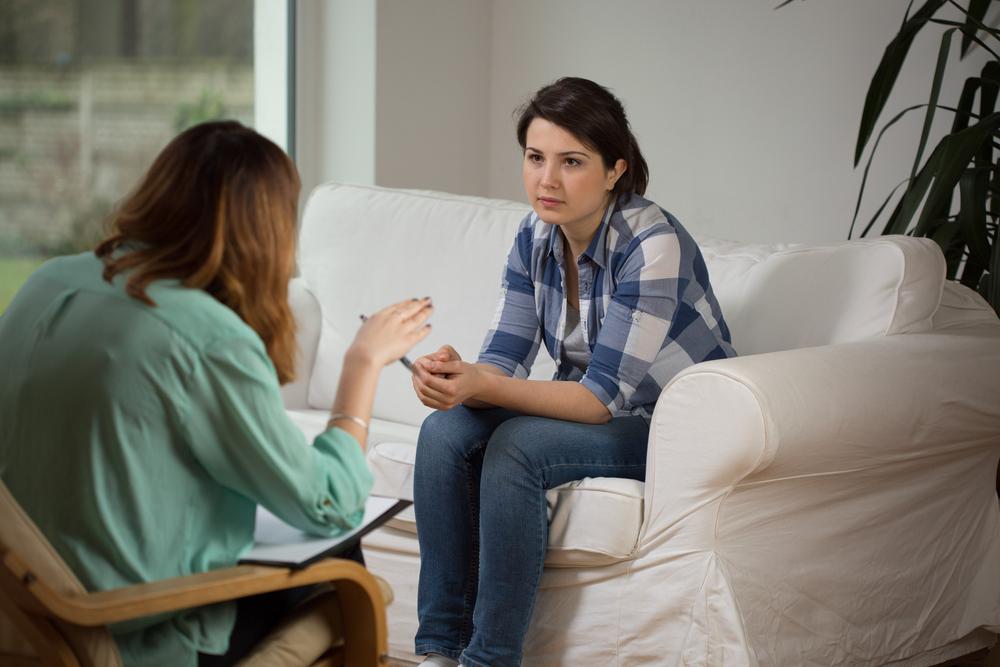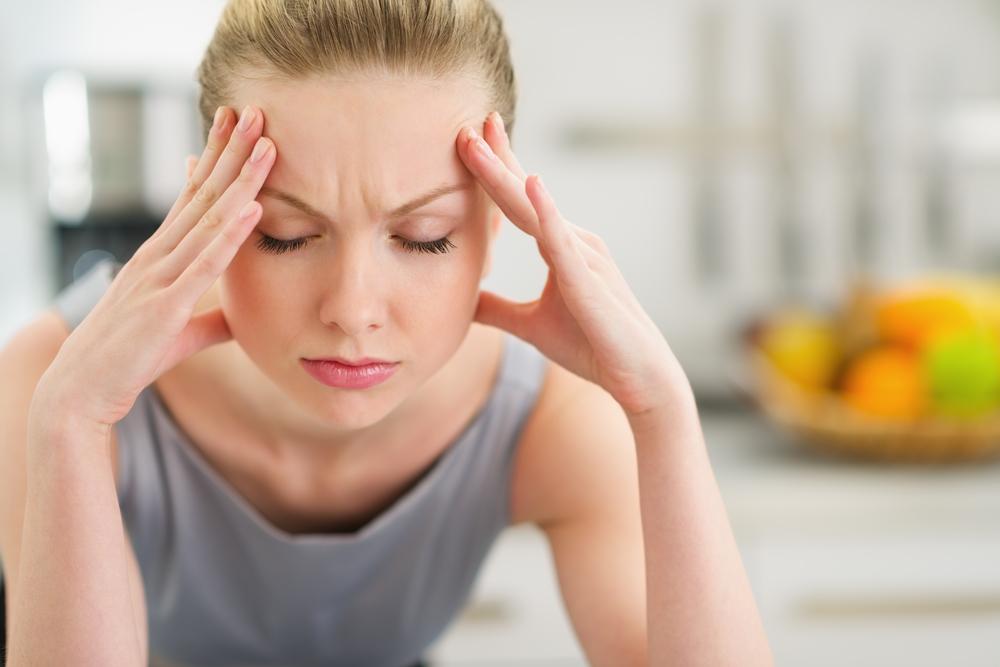Effective Strategies to Manage Generalized Anxiety Disorder
Discover practical strategies to effectively manage generalized anxiety disorder, including journaling, relaxation techniques, mindful caffeine intake, regular exercise, and seeking professional therapy. Incorporate these tips into your daily routine to reduce anxiety and improve well-being naturally.
Sponsored

Individuals with generalized anxiety disorder often face persistent, excessive worries about various aspects of life such as family, career, finances, and health. While medical treatment is available, incorporating certain daily coping methods can significantly help in managing symptoms. These practical tips can make a difference in your mental health journey.
Top Five Approaches to Handle Generalized Anxiety Disorder
Keep a Journal
Instead of ruminating about worries constantly, use journaling or artistic expression to process your feelings. Spending a few moments daily recording your thoughts can provide insight into your anxiety triggers and help you gain control.
You can dedicate a specific time each day to write or draw, or pause during the day when anxiety peaks. This practice enhances self-awareness and can ease your worries over time.
Incorporate Relaxation Techniques
Engage in routines that promote calmness, like listening to soothing music or motivational speeches. Massages, yoga, and deep breathing exercises with your favorite scent can also help relax your mind and body.
Take leisurely walks in nature, observing the environment around you to foster relaxation. Choose techniques that help divert your mind from anxious thoughts and create a sense of peace.
Limit Caffeine Intake
Too much caffeine can heighten anxiety symptoms, disturb sleep, and cause jitters. To maintain better mental health, moderate your caffeine consumption, especially close to bedtime. Reducing coffee, tea, and energy drinks can lessen restlessness and irritability.
Engage in Regular Exercise
Physical activity boosts mood by releasing feel-good hormones and reduces stress hormones. Opt for enjoyable activities like walking in nature, dancing, or playing sports with loved ones. These activities not only improve physical health but also help in alleviating anxiety symptoms.
Consult a Mental Health Professional
A combination of medication and therapy can be highly effective. Talking to a therapist in a safe environment helps you understand and manage your worries better. Gradual exposure to therapy, including cognitive-behavioral therapy (CBT), can offer lasting relief. If hesitant, start by discussing your concerns with trusted friends or family, then gradually explore professional help.






